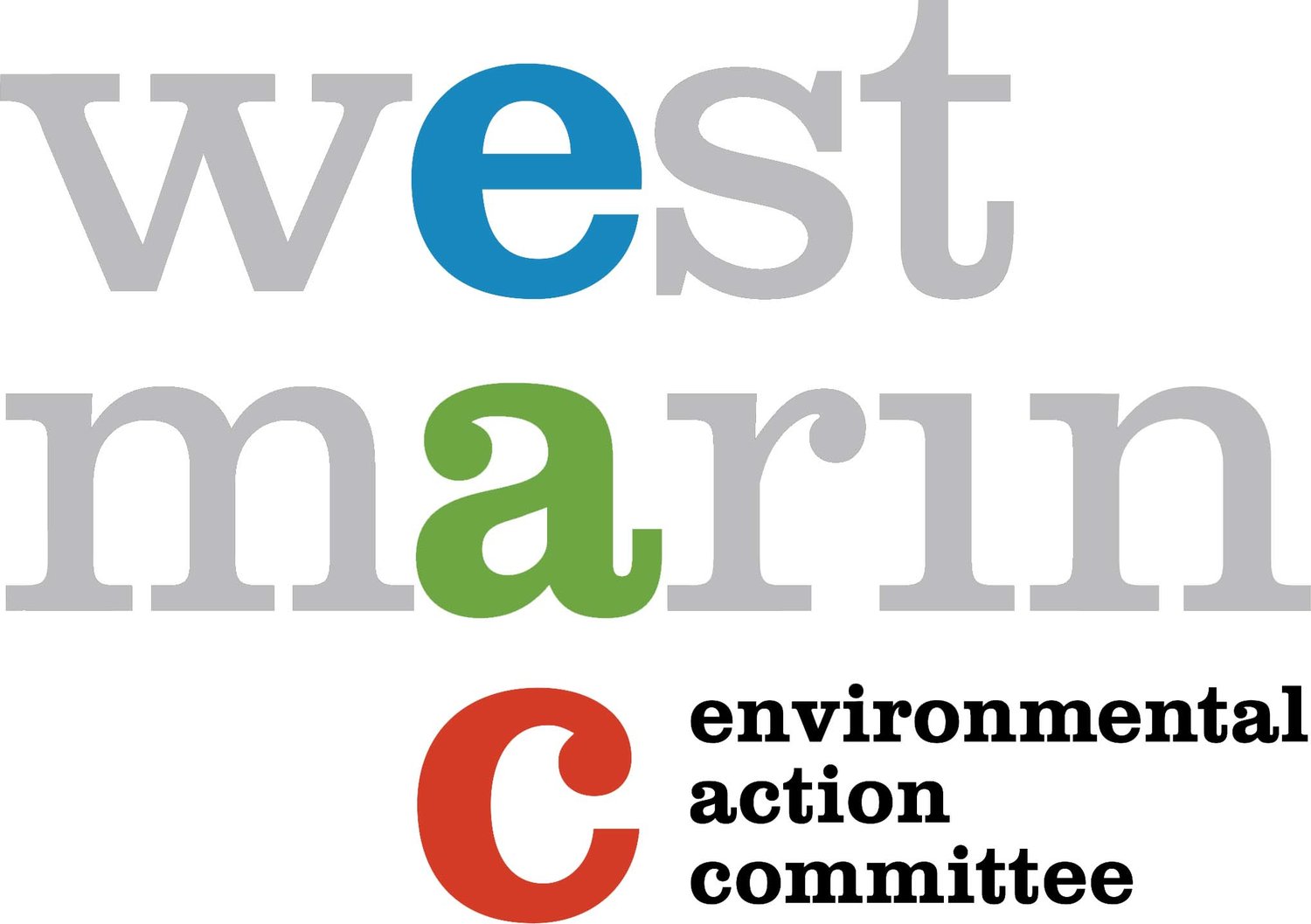public comments
March 2018, the Point Reyes National Seashore (Seashore) released a Public Comment Summary Report. The Report summarizes the more than 3,000 comments received during the October and November 2017 public comment period when the Seashore originally released their draft of conceptual alternatives.
Comments focused on a wide-range of topics that would impact the Seashore including (but not limited to): continued ranching, diversification, Tule Elk management, ranching and grazing practices, water quality, silage production, species of special concern, socioeconomics, visitor use and experience, vegetation impacts, natural resource protection, wildlife, and cultural resources.
staying engaged
EAC continues to engage in the public process and learn more about the issues facing the Seashore. Recently, EAC has met and toured the Seashore with NPS staff to better understand the current procedures for range management, public access, and protections of natural resources. We are planning to meet in the coming weeks to learn more about the current conditions of the Tule Elk herds. Throughout this process, EAC is working with our board sub-committee that includes Bridger Mitchell, Terence Carroll, David Wimpfheimer, and Daniel Dietrich to help guide EAC's participation in the public process. Additionally, EAC is working closely with other local, regional, and national environmental groups to address this issue.
EAC's guiding principles provide a valuable touchstone guiding our interactions and involvement in this process, 1) ensure the protection and preservation of natural resources, 2) restoration of degraded habitats and park resources, and 3) to allow maximum public access to parklands. The GMPA must protect, restore, and preserve park resources using ranch leases that ensure that multi-generational, environmentally sustainable ranching is complementary to the natural resources and visitor experiences within the park.
As EAC navigates through the public process, we also recognize the importance of facilitating discussion and finding common ground where possible with ranchers who are working toward environmentally sustainable operations.
EAC is committed to working with groups and individuals who are supportive of the the Seashore's public process in order to address the complex challenges through a thoughtful approach that builds consensus with different stakeholders and increase public confidence in the management of the Seashore. Additionally, EAC is not supportive of litigation or legislation to interfere with the planning approach currently undertaken by the Seashore.
As the GMPA process continues to unfold, we will keep you posted with new updates and information.



